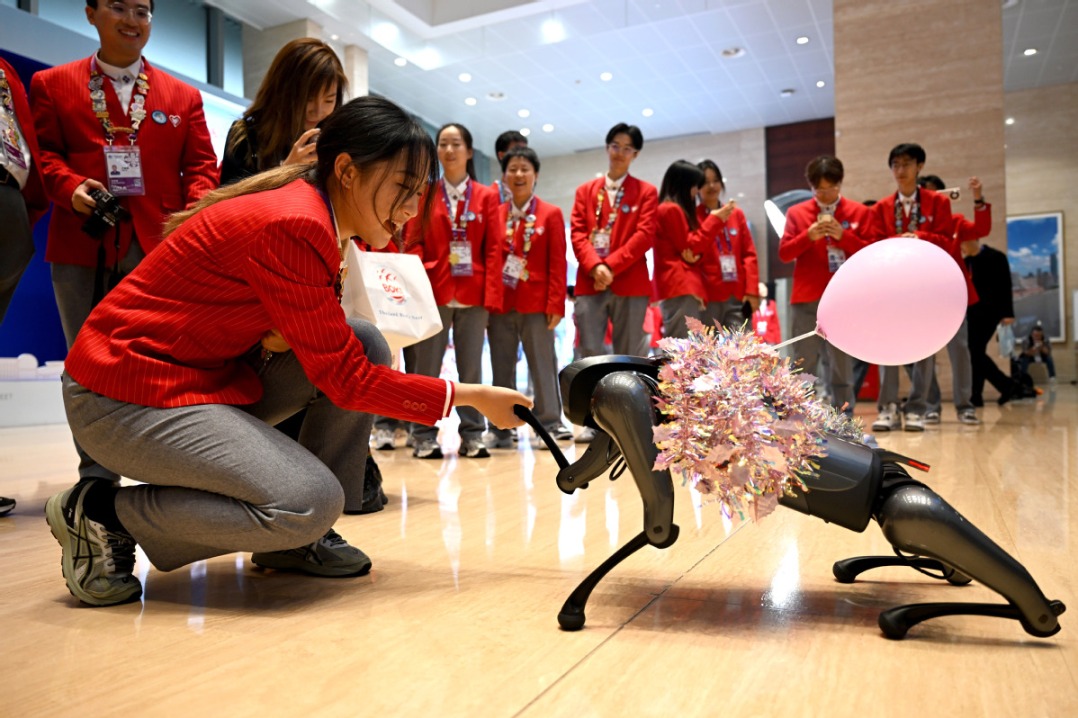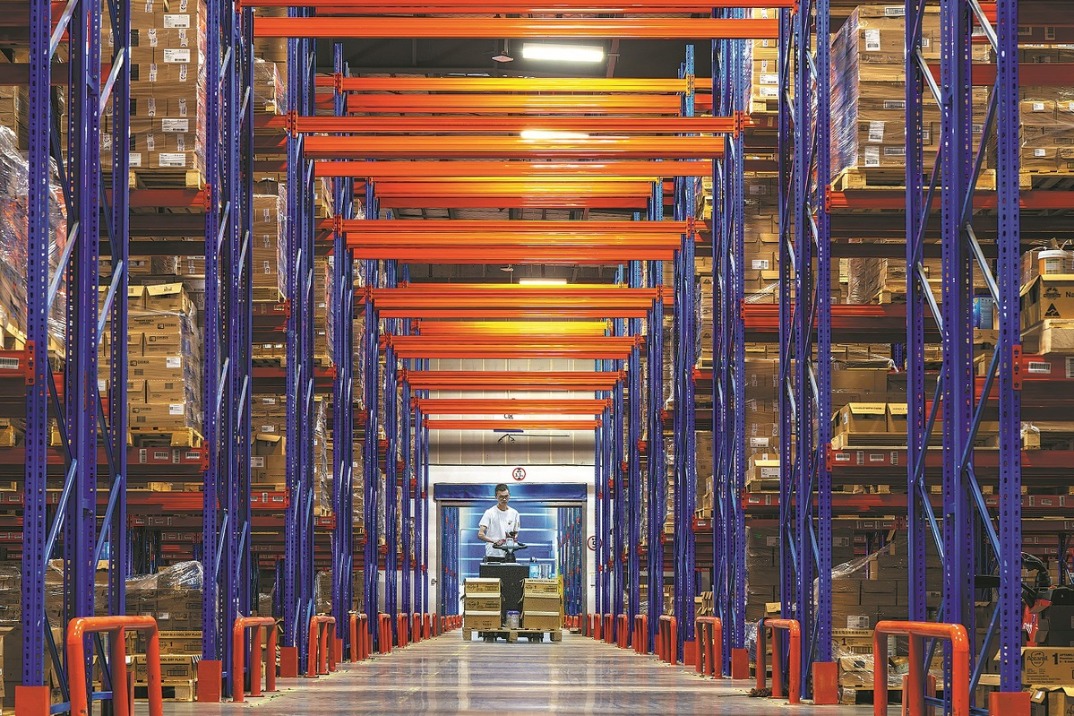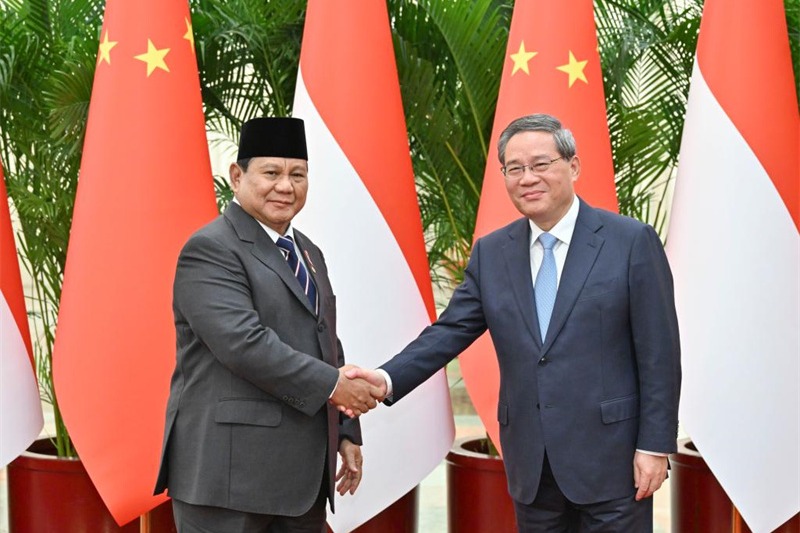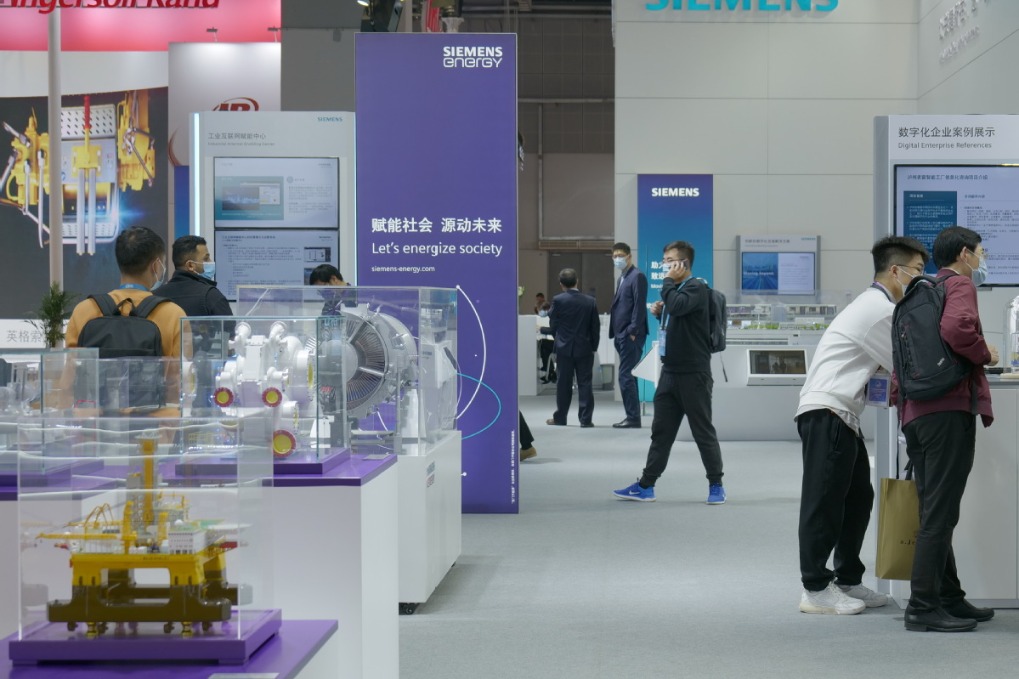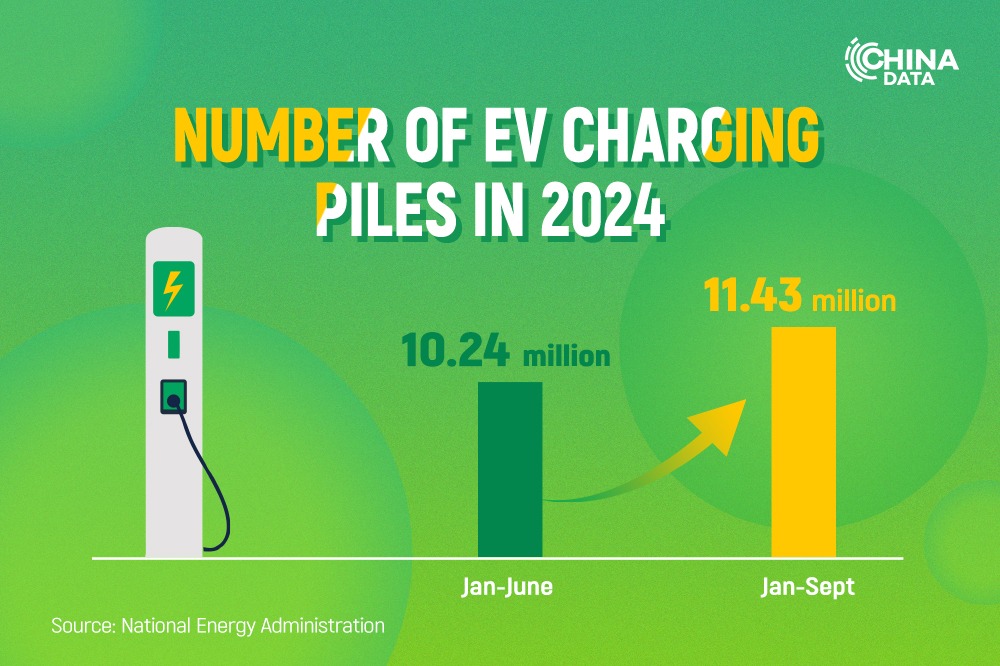Experts worldwide see opportunities in China's economic evolution

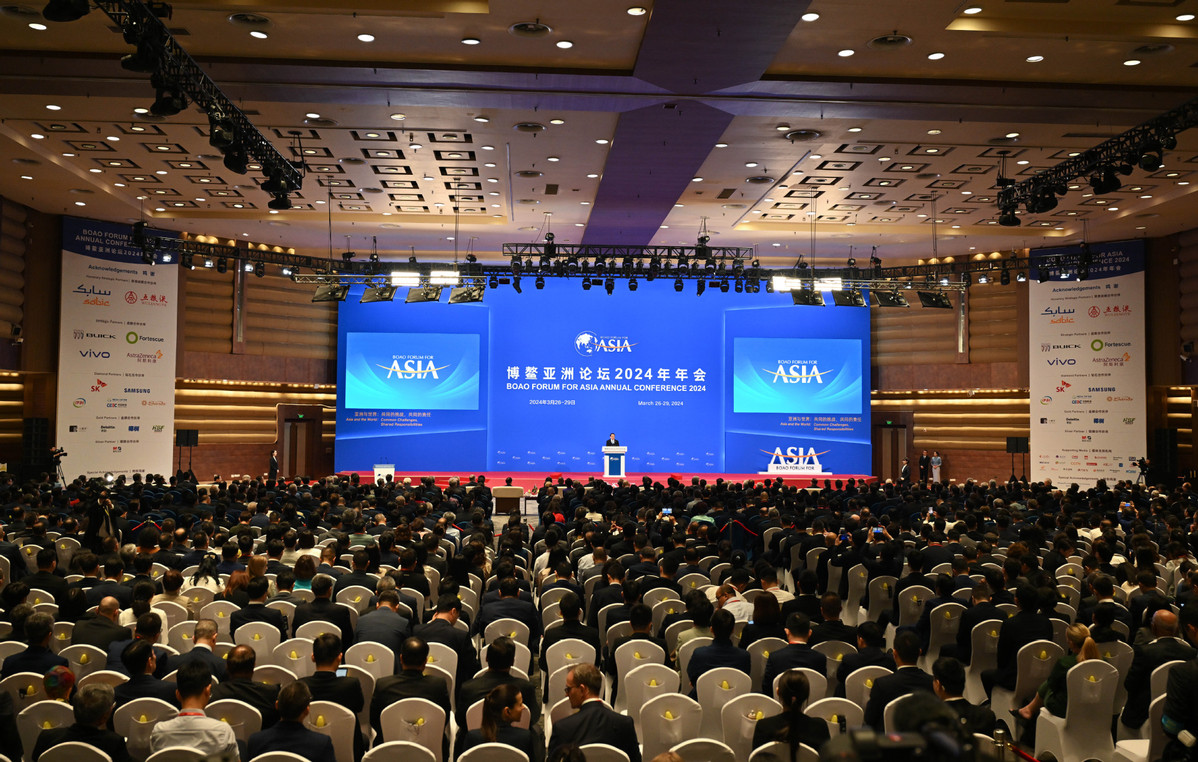
BOAO, China - In an era fraught with formidable global challenges, the remarkable resilience of China's economy and the collective achievements made across Asian economies have grabbed global attention during the ongoing the Boao Forum for Asia (BFA) Annual Conference 2024 held in Boao, a resort town in China's southernmost island province of Hainan.
With participants from over 60 countries and regions as well as keen observation from experts worldwide, the forum, running from March 26 to 29, has seen a growing confidence in the shared opportunities brought by China's sustainable economic growth and its high-quality development.
"China has been focusing on a higher quality rather than greater quantity growth for a number of years," Ben Simpfendorfer, a partner at leading international management consulting firm Oliver Wyman, told Xinhua on the sidelines of the ongoing event.
As a global manufacturing hub, China's economy matters a great deal to the rest of the region, said Ben, noting the benefits from investments into innovation are already evident via China's increased exports of new energy vehicles, among others.
"We need to tap into innovation-led growth globally, we need to develop new clean technologies in order to support the transition or support the climate transition," Ben said, stressing China's role as the global innovation hub for clean technology.
"China's stable economic growth is a boon not only to China itself but also to the rest of the world, particularly to poor and developing countries," Kin Phea, director general of the International Relations Institute of Cambodia, a think tank under the Royal Academy of Cambodia, told Xinhua ahead the BFA.
"As the global manufacturing hub and the stabilizer of global value chains, China's economic growth is essential to help boost (the) global economy," said Phea.
Making strides in new quality productive forces, which feature high-tech, high efficiency, and high quality, is high on China's agenda this year, which Phea said perfectly aligns with the rapidly evolving digital era.
"Its connotation implies a substantial increase in overall productivity," Phea said, noting that "new technologies, industries, and business models will not only bring forth new opportunities and transformations to reshape China's economy but also have a broader impact on the economic landscape of the Asian region."
Phea was echoed by Ip Kuai Peng, pro-rector of the City University of Macao, who told Xinhua that the new quality productive forces "will drive the Chinese economy and the entire Asian region toward a more efficient, intelligent, green, and open direction, promoting economic structural adjustments and technological innovation in various countries, and achieving sustainable and high-quality economic growth."
On the China-proposed Belt and Road Initiative (BRI), Zafar Uddin Mahmood, policy advisor to the secretary general of BFA, shared his personal experience with other panelists and participants on Wednesday. As a Pakistani, he is familiar with Pakistan's involvement in Belt and Road cooperation with China, which have assisted in the development of Pakistan's energy and transportation sectors.
"What's remarkable is that amidst such rapid progress, China manages to prioritize green initiatives, innovation, and high-quality development," said Mahmood.
With sustained double-digit growth in R&D investment, innovation in China is on the rise. China's high-tech sector boasts around 400,000 enterprises, ranking second globally in terms of unicorn companies.
"China's science and technology innovation and development not only speed up China's economic transformation, accelerate the development of new quality productive forces, optimize and enhance China's position in the global industrial chain and value chain, but also promote global scientific and technological development," said Koh King Kee, president of Center for New Inclusive Asia, a non-governmental Malaysian think tank.
"Through the optimization of the industrial chain, China's manufacturing industry has transformed from low-end to high-end, promoted the adjustment and upgrading of the global industrial structure, accelerated the global digitalization process, and helped to narrow the digital divide between developing countries and developed economies," he added.
On the theme of "Asia and the World: Common Challenges, Shared Responsibilities," this year's BFA hopes to pool the wisdom of all parties and the strength of Asia and beyond, overcome difficulties, and create a better future.
Global awareness of climate change and ensuing consequences has surged in recent years, immediate action in this regard across the world is more imperative than ever, a call echoed by international climate negotiators, scientists, and enterprises at the ongoing Boao Forum.
"Discussions on climate change and China's green development are prevalent, with each director of the Boao Forum emphasizing green development and the common challenges faced by humanity," Leon Wang, executive vice president, international and China president at AstraZeneca, told Xinhua on the sidelines of the BFA.
Deeming China a world leader in green development that is steadfast in implementing initiatives related to green development, Wang said the country "not only fulfills its commitments to the world but also continually exports new technologies, contributing to global new energy and green development."
"China has to be complimented in its success in introducing products and technologies that are addressing the serious problem of climate change," Bernardo M. Villegas, professor at the University of Asia and the Pacific, told Xinhua in an interview ahead of the BFA.
"By exporting these products to emerging markets, its contribution to a greener world will be even enhanced," the economist added.
Fu Xiao, head of commodity Markets Strategy at Bank of China's Investment Banking Group (BOCI) Global Commodities (UK) Ltd, told Xinhua that China's development in green areas, such as new energy vehicles, clean energy, and digital technology will provide vast market space and business opportunities for global enterprises, driving the optimization and upgrading of the global industrial chain.
"By investing in emerging industries and green technologies, nations can collectively tackle global challenges such as climate change and environmental pollution, injecting new impetus into global economic growth and promoting prosperity," said Fu.
The climate is universal, climate transcends all borders, thus the world has to collaborate and is collaborating, said Tim Wilkinson, ambassador at large and special envoy office of the President Patriotic Union of Kurdistan.
"When I arrived at Haikou airport, I was driven in an electric car to the Boao forum. When I got up in the morning to come to the forum, I was again driven by an electric car ... I've seen the efforts by the forum to reduce carbon for the conference itself," Wilkinson told Xinhua.
















